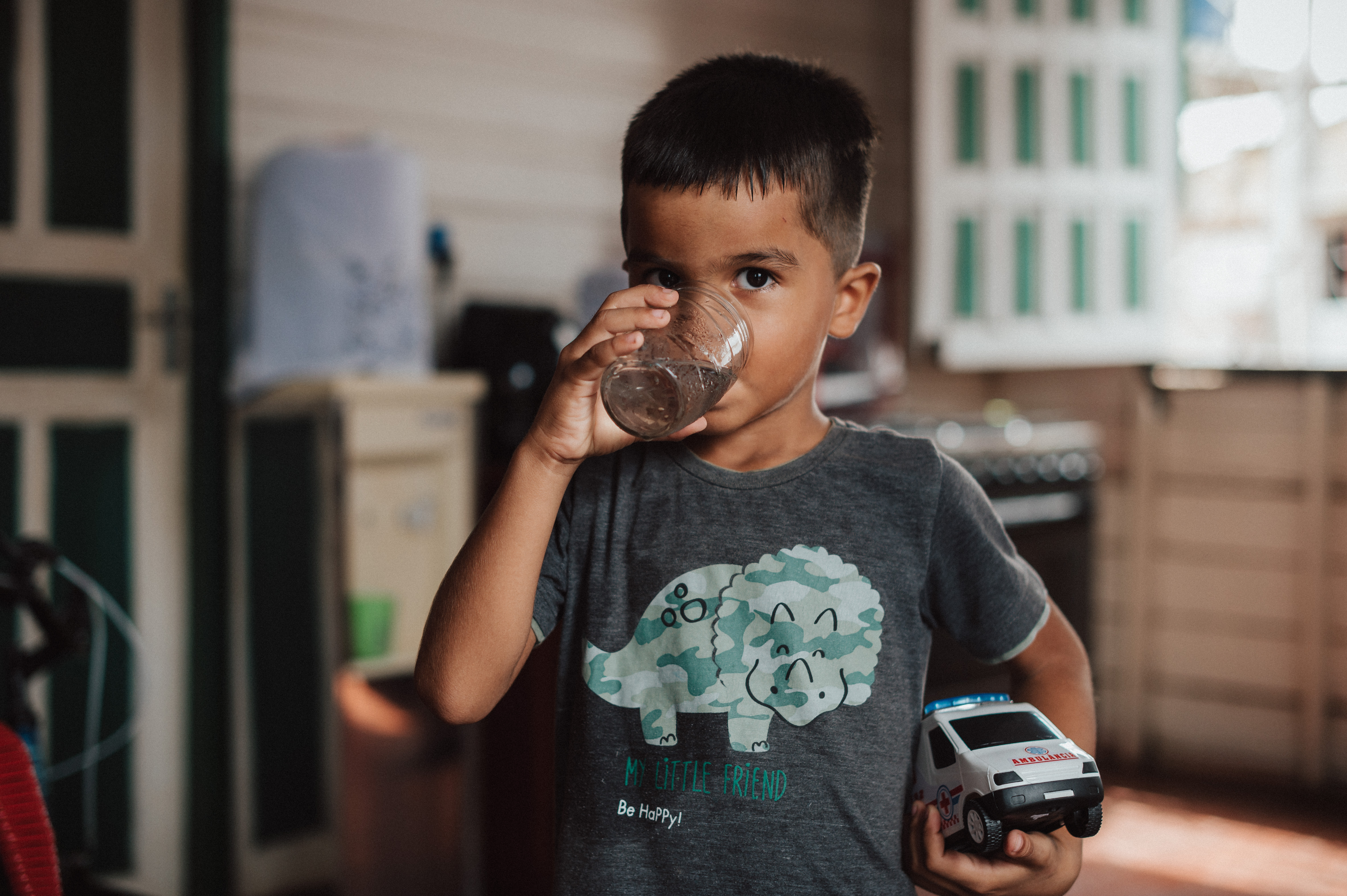

Description
PNSR was launched by MS Ordinance No. 3174/2019, in light of the principles of the Brazilian Basic Sanitation Plan (Plansab), with the objective of promoting the development of basic sanitation actions in rural areas, with a view to universalizing access, through strategies that guarantee equity, integrality, intersectorality, sustainability of the services implemented, participation and social accountability.
The conceptual matrix of the Program is composed of the integration of rural sanitation actions, with the participation of several federal, state and municipal agencies, as well as institutions of organized civil society, consolidated in an instinctive arrangement based on management forums, seeking to minimize the sectoral and institutional fragmentation present in government structures.
Criteria 9/11
- ACCESSIBILITY
- ALIGNMENT WITH SDG 1,3,4,6 AND/OR 11
- RACE AND GENDER ISSUES
- ATTENTION TO CHILDREN AND ADOLESCENTS
- LOW COST
- SOCIAL DIFFUSION
- ADMINISTRATIVE EFFICIENCY
- ADHERENCE AND CONTINUITY AT LOCAL LEVEL
- WASH INITIATIVE
- CLIMATE RESILIENCE
- SUSTAINABILITY
To prepare the program, from 2015 to 2019 Funasa, in partnership with the Federal University of Minas Gerais, built the National Rural Sanitation Program (PNSR).
PSBR interacts directly with the municipal health and/or sanitation departments, pointing out the strategies and guidelines for the programs to be developed at the local level to promote basic sanitation and environmental health. PNSR also aims to seek the promotion of the intersectorality of State entities also operating in the Education, Health, Social Welfare sector, among others and also with the principle of achieving the universalization of Basic Sanitation.
To implement PNSR, a number of ministries must be involved: Ministry of Cities, Ministry of Health, Ministry of Environment and Climate Change, and Ministry of Social Development and Assistance, Family and Fight Against Hunger.
State and municipal managers
National
Until the universalization of basic sanitation is achieved (Target 2033).
PNSR has two lines of action to be incorporated into its agenda, summarized
in structuring and structural actions:
To guide the performance of the different bodies and entities of organized civil society, whether from the federal, state and municipal spheres, the six fundamental activities are presented below.
• Institutionalization of the Program.
• Diagnosis / Characterization of the Rural PNSR
• Planning and Project.
• Implementation of Structural Actions.
• Regulation and Inspection.
• Supervision, sustainability, Monitoring and Evaluation.
As a strategy of permanence between government transitions, PNSR proposes an organizational structure that transcends the governmental sphere, so that it has a certain autonomy to ensure continuity to the actions proposed under the Program, including, therefore, the creation of new instances and instruments for coordination and monitoring of actions, through the institution of Forums, as illustrated below.
To visualize and monitor the situation of basic sanitation in Brazil, an initial proposal for a Monitoring Panel was structured, through an online platform, called InfoSanbas.
InfoSanbas.org.br, a platform developed in open source, aims to facilitate access and visualization of open data related to basic sanitation in Brazil, with the possibility of clippings related to the rural situation.
The document (see link) presents an exclusive chapter on the need for investments in the rural sanitation sector.